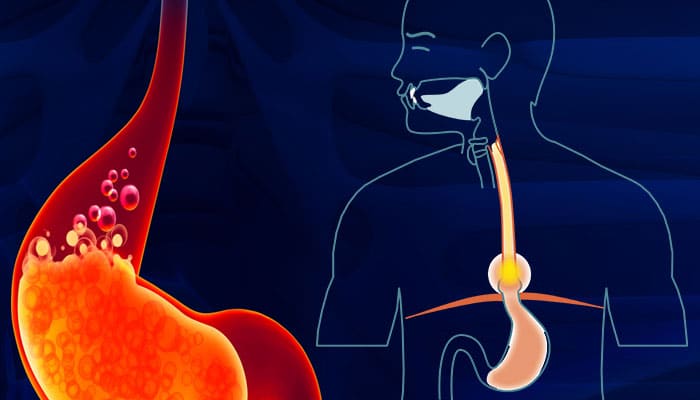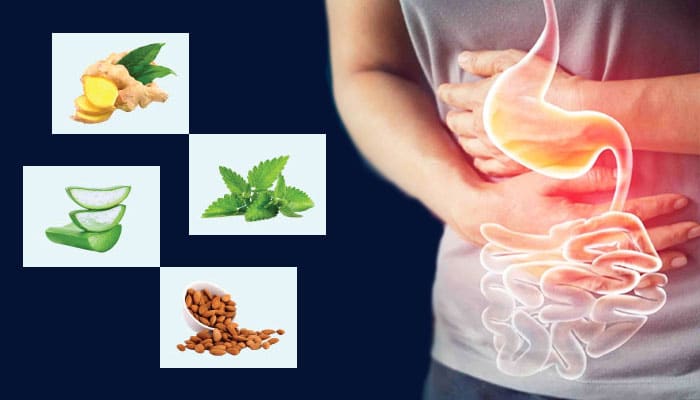Indigestion can strike at the most inconvenient times, causing discomfort and irritation. Whether you’ve indulged in a heavy meal or experienced indigestion unexpectedly, this article will guide you through practical steps to alleviate this uncomfortable condition. At our emergency room, we understand the urgency of Gastric discomfort-related emergencies, and we’re here to help you find quick relief.
What Is Indigestion?
Indigestion, also known as dyspepsia, is a common digestive problem that can manifest as bloating, heartburn, and discomfort in the upper abdomen. It can occur due to various factors, including overeating, consuming spicy or fatty foods, and stress.
Recognizing the Symptoms of Indigestion
Before diving into the remedies, let’s discuss the typical symptoms of indigestion:
Common Symptoms of Indigestion

- Bloating: Feeling uncomfortably full and gassy.
- Heartburn: A burning sensation in the chest or throat.
- Nausea: A queasy feeling in the stomach.
- Acidic Taste: A sour or acidic taste in the mouth.
- Abdominal Pain: Discomfort or cramping in the upper abdomen.
Remedies for Fast Indigestion Relief

1. Chew Your Food Thoroughly
One of the leading causes of indigestion is not chewing your food properly. Make sure to take your time and savor each bite, as this aids in the digestion process. When you chew your food thoroughly, it breaks down more easily in your stomach, reducing the workload on your digestive system.
2. Ginger Tea
Ginger has natural anti-inflammatory properties that can soothe an upset stomach. Prepare a cup of ginger tea by steeping fresh ginger slices in hot water. Ginger tea not only helps with digestion but also eases nausea and reduces inflammation in the stomach lining.
3. Peppermint
Peppermint is known for its ability to relax the muscles of the gastrointestinal tract. You can enjoy it in the form of tea or as a supplement. Peppermint tea is especially effective in alleviating symptoms like bloating and gas. It also has a refreshing taste.
4. Avoid Trigger Foods

Identify foods that trigger your Gastric discomfort and steer clear of them. Common triggers include spicy, greasy, and acidic foods. It’s crucial to pay attention to your body’s response to different foods and avoid those that consistently cause discomfort.
5. Probiotics
Consider adding probiotics to your diet to maintain a healthy balance of gut bacteria. This can aid in digestion and reduce the likelihood of indigestion. Yogurt, kefir, and fermented foods are rich sources of probiotics.
6. Stay Hydrated
Drinking water helps in the digestion process and prevents Gastric discomfort. Aim to consume enough fluids throughout the day. Staying hydrated ensures that your digestive system functions optimally.
7. Mint Leaves
Chew on fresh mint leaves or add them to your meals. Mint can help soothe an upset stomach and provide relief from indigestion. You can also make a refreshing mint-infused water to sip on throughout the day.
8. Small, Frequent Meals
Instead of three large meals, opt for smaller, more frequent meals throughout the day. This can prevent overloading your digestive system. Smaller meals are easier for your stomach to process, reducing the chances of Gastric discomfort.
9. Aloe Vera Juice
Aloe vera juice has anti-inflammatory properties and can soothe an irritated stomach lining. It’s especially beneficial if your indigestion is accompanied by heartburn. Drink a small amount of aloe vera juice to ease discomfort.
10. Baking Soda Solution
Mix a teaspoon of baking soda in a glass of water and drink it slowly. This can help neutralize stomach acid and relieve heartburn. However, use this remedy sparingly, as excessive use of baking soda can lead to imbalances in your body’s pH levels.
11. Avoid Tight Clothing
Wearing tight clothing, especially around the waist, can exert pressure on your abdomen and worsen indigestion. Opt for loose-fitting, comfortable clothing, especially after meals.
12. Herbal Supplements

Certain herbal supplements like fennel, chamomile, and dandelion can promote digestion and ease indigestion symptoms. Consult a healthcare professional before using herbal remedies to ensure they are safe for you.
13. Elevate Your Head
If you experience Dyspepsia at night, try elevating the head of your bed. This can help prevent stomach acid from flowing back into your esophagus, reducing the likelihood of nighttime heartburn.
14. Lifestyle Changes
Incorporate stress-reduction techniques into your daily routine, such as yoga, meditation, or deep breathing exercises. Stress can exacerbate Postprandial distress, so managing it is crucial for long-term relief.
15. Consult a Healthcare Professional
If your indigestion persists or becomes severe, it’s essential to consult a healthcare professional. They can rule out any underlying medical conditions and provide personalized guidance on managing your symptoms.
Conclusion
Indigestion can be a discomforting experience, but with these natural remedies and lifestyle changes, you can find relief. Remember, if your Dyspepsia persists or worsens, don’t hesitate to seek medical attention at our emergency room.
Common FAQs about Indigestion
When should I seek emergency medical care for indigestion?
If you experience severe chest pain, shortness of breath, or Postprandial distress accompanied by lightheadedness, seek immediate medical attention.
Can stress cause indigestion?
Yes, stress can trigger indigestion. Practice relaxation techniques to manage stress and reduce the likelihood of Postprandial distress.
Are over-the-counter antacids safe for indigestion relief?
Over-the-counter antacids can provide temporary relief for Dyspepsia. However, it’s essential to consult a healthcare professional if you frequently rely on them.
How can I prevent indigestion in the long term?
To prevent Dyspepsia, maintain a balanced diet, avoid trigger foods, and practice mindful eating. Regular exercise and stress management also play a crucial role.
Can indigestion be a sign of a more serious condition?
In some cases, indigestion may be a symptom of a more severe digestive disorder. If your Dyspepsia is chronic or accompanied by other concerning symptoms, consult a healthcare provider for a thorough evaluation. Incorporating these tips into your daily routine can help you manage Dyspepsia effectively and lead a more comfortable life. Remember that if your symptoms persist or worsen, seeking professional medical advice is always the best course of action.
